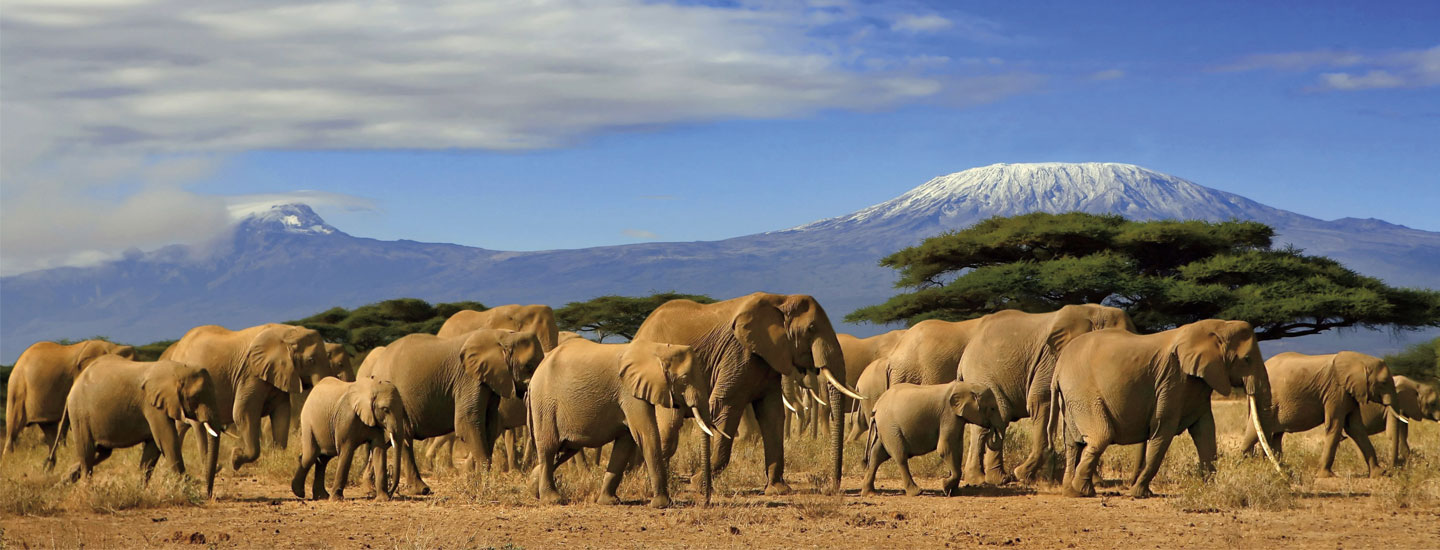COURTESY OF UNIVERSITY OF WASHINGTON CENTER FOR CONSERVATION BIOLOGY
Wasser inspects an elephant tusk.
Tusks are extremely helpful when you’re an African elephant. You can use them to scrape tasty bark off trees or to dig for water underground. If a lion attacks your calf, you can use your tusks to fight it off.
Unfortunately, some people value tusks too. Every year, as many as 40,000 African elephants are poached, or hunted illegally, for their tusks. Poachers sell the tusks to be carved into jewelry and other objects.
Samuel Wasser has seen this problem firsthand. He’s a biologist at the University of Washington in Seattle. In the 1980s, he was studying monkeys in eastern Africa. He kept finding elephants that poachers had killed. “I realized I needed to shift what I do,” says Wasser.
Since then, Wasser has been studying African elephants. What he learns is helping authorities track down poachers.
African elephants need their tusks. They use them in many ways. They scrape bark off trees for food. They dig for water underground. If a lion attacks a calf, elephants fight back with their tusks.
Unfortunately, some people value tusks too. Every year, as many as 40,000 African elephants are poached. This means they are hunted illegally. Poachers sell the tusks. The tusks are carved into jewelry and other objects.
Samuel Wasser has seen this problem up close. He’s a biologist at the University of Washington. It’s located in Seattle. In the 1980s, he was studying monkeys in eastern Africa. He kept finding elephants killed by poachers. “I realized I needed to shift what I do,” says Wasser.
Since then, Wasser has been studying African elephants. He helps authorities track down poachers.

